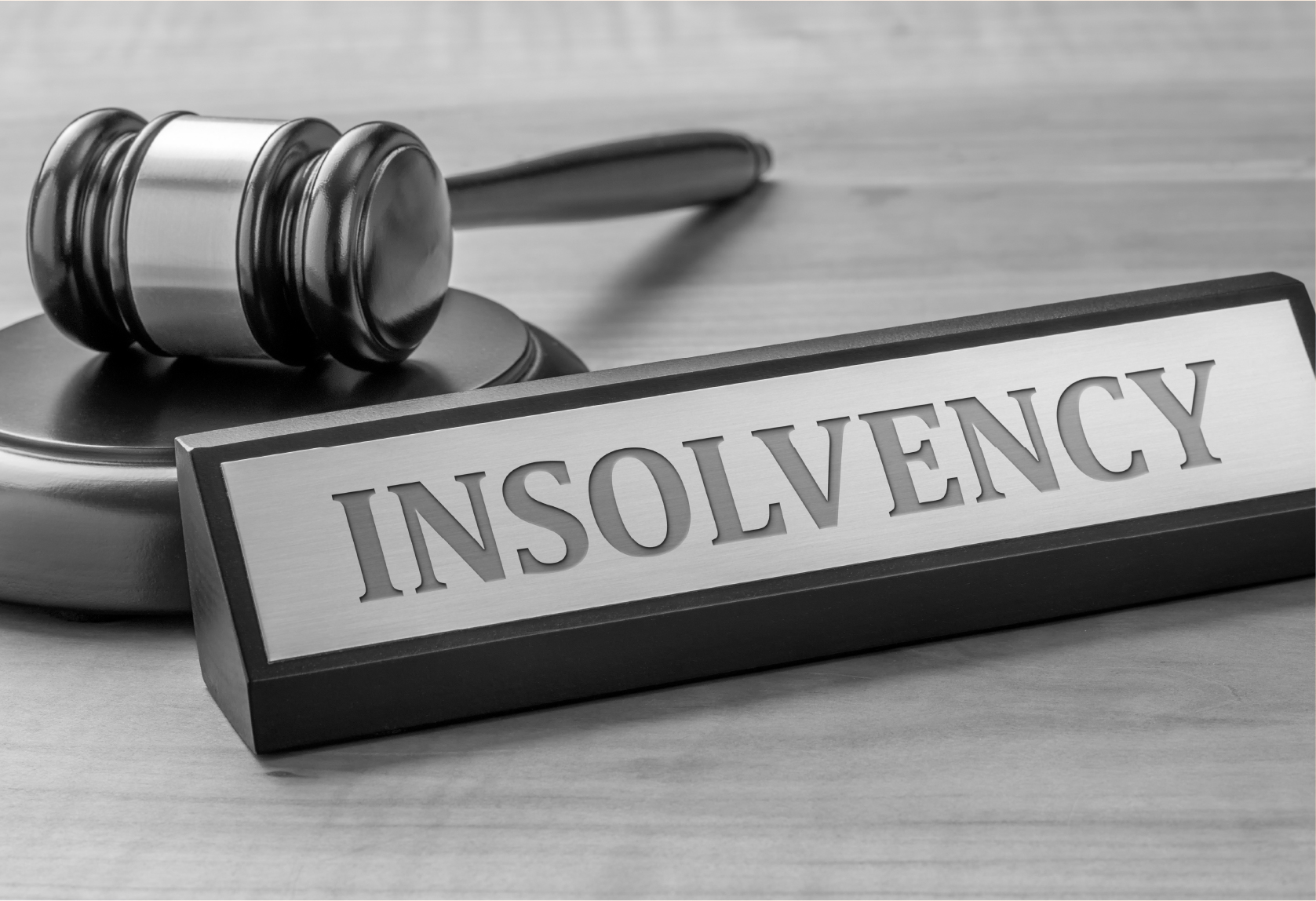There is a checklist of corporate insolvency indicators which is used to assess the financial situation of a company.
The indicators include:
Continuing losses
Ongoing losses over a sustained period, without enough working capital to absorb them, can render a company insolvent.
Liquidity ratios below one
A company’s liquidity ratio is produced by comparing its current assets with its current liabilities, provided those assets can be realised quickly.
Other factors such as cash flow, the age of debtors, and the availability of borrowed funds must also be considered.
Overdue tax
Avoiding Commonwealth and State tax liabilities is a common but unsustainable way for a company to survive and maintain cash flow.
Poor relationship with current bank
A bank will have information not available to other creditors, such as available funds and cash flow. A company may have been refused further finance from the bank due to a history of loan defaults or dishonoured cheques, or because of the company’s deteriorating financial position.
No access to alternative finance
Corporate insolvency is linked directly to an inability to obtain ready cash to cover debts. If a company in need of funds is unable to convert short-term debt to long-term debt or borrow money from a non-bank source to overcome a cash crisis, this suggests a cash flow problem.
Inability to raise further equity capital
If potential equity investors know an eventual return may be delayed or uncertain, they will not be satisfied that the return outweighs the risk.
Suppliers imposing restricting trading terms
When a company is not paying debts on time, a creditor may institute terms such as payment on delivery of goods or stop supplying goods until the level of debt decreases.
Creditors’ unpaid outside trading terms
A company increasingly making payments outside trading terms shows it may be having difficulty paying debts when they fall due.
Post-dated and dishonoured cheques
A post-dated cheque flags to a creditor that the company does not have funds to pay its debt at that time but expects to have funds by the date of the cheque.
A dishonoured cheque demonstrates that the company does not have enough to pay in full.
Special arrangements with selected creditors
Creditors may agree to make special arrangements (such as payment plans) to ensure that trade continues and that there is some repayment of debt.
Legal action
This can include solicitors’ letters, summonses, judgments or warrants against the company, which imply that creditors have increasing concerns about the company’s ability to pay debts.
Payments of irreconcilable rounded sums
These are payments to a creditor that are not reconcilable to specific invoices. This is usually done because a company cannot pay its debt in full and has not been successful in negotiating a payment plan.
Inability to produce timely and accurate financial information
A company must keep accurate financial records under the Act. If it fails to keep records, it will be deemed to have been insolvent for the period that the records were not kept.
If your company has any of these indicators, or you have concerns about how your company is travelingtravelling financially, call Gibbs Wright Litigation Lawyers for advice.
















